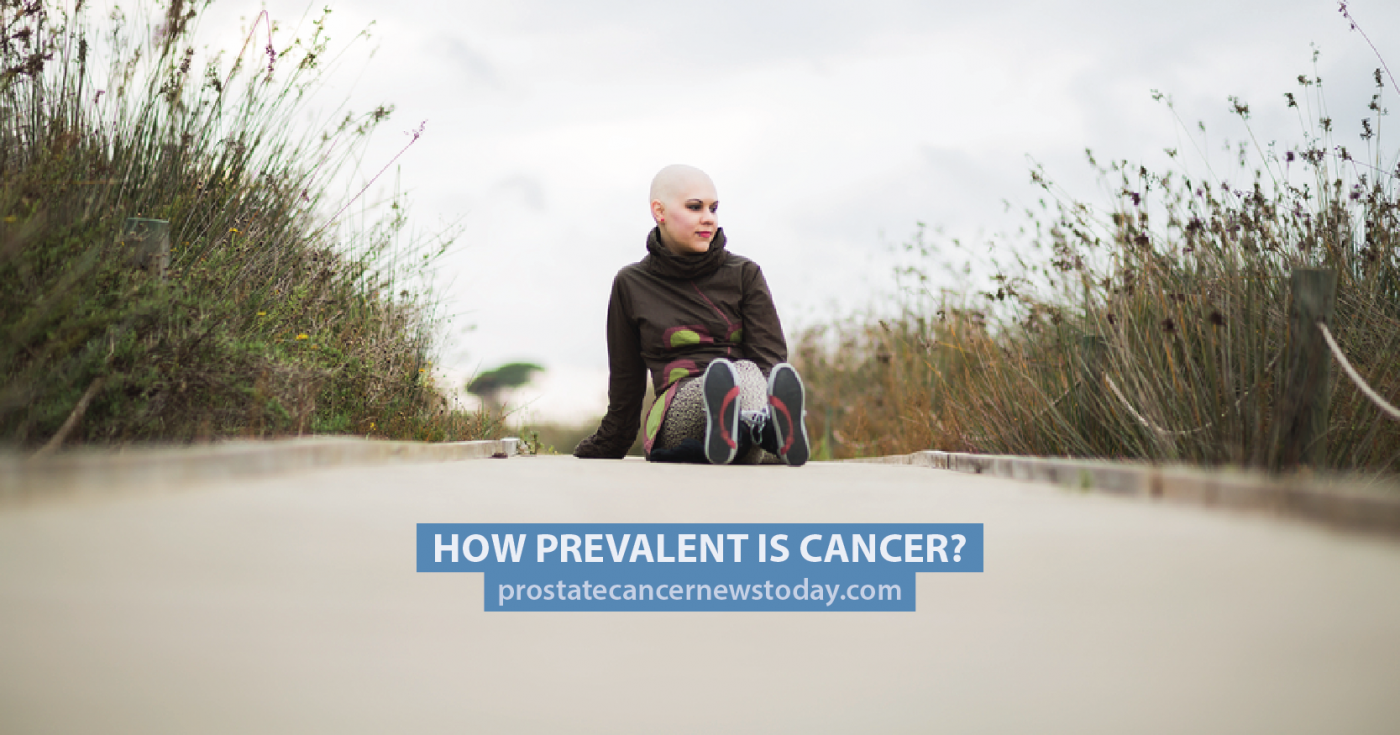The prevalence of cancer in the U.S. is determined by the number of people who have been diagnosed with any form of cancer at some point in their lives, even if they are now in remission.
MORE: Ten common emotional responses to a cancer diagnosis
According to the American Cancer Society, the statistics also take into account how long a person survives after their diagnosis and how often the cancer occurs. This means that high-prevalence cancers are common but also have a long survival rate, whereas a common cancer with a short survival rate would have a lower prevalence. For instance, non-Hodgkins lymphoma is rarer than lung cancer but has a higher prevalence because patients generally survive for longer, so therefore there are more of them at any time.
The survival rate for cancer patients in 2014 was 64 percent for those who had been diagnosed five or more years ago and 15 percent for those diagnosed 20 or more years ago. Almost half of all cancer survivors (46 percent) were over the age of 70.
In 2014, the 10 most prevalent cancers in the U.S. for men were:
Prostate cancer 2,975,970 cases or 43 percent of all male cancers
Colon and rectum 621,430 cases or 9 percent of all male cancers
Melanoma 516,570 cases or 8 percent of all male cancers
Urinary bladder 455,520 cases or 7 percent of all male cancers
Non-Hodgkin’s lymphoma 297,820 cases or 4 percent of all male cancers
Testis 244,110 cases or 4 percent of all male cancers
Kidney 229,790 cases or 3 percent of all male cancers
Lung and bronchus 196,558 cases or 3 percent of all male cancers
Oral cavity and pharynx 194,140 cases or 3 percent of all male cancers
Leukemia 177,940 cases or 3 percent of all male cancers
In 2014, the 10 most prevalent cancers in the U.S. for women were:
Breast 3,131,440 cases or 41 percent of all female cancers
Uterine corpus 624,890 cases or 8 percent of all female cancers
Colon and rectum 624,340 cases or 8 percent of all female cancers
Melanoma 528,860 cases or 7 percent of all female cancers
Thyroid 470,020 cases or 6 percent of all female cancers
Non-Hodgkin’s lymphoma 272,000 cases or 4 percent of all female cancers
Cervix 244,180 cases or 3 percent of all female cancers
Lung and bronchus 233,510 cases or 3 percent of all female cancers
Ovary 199,900 cases or 3 percent of all female cancers
Kidney 159,280 cases or 2 percent of all female cancers
MORE: This is how much cancer really costs America
Prostate Cancer News Today is strictly a news and information website about the disease. It does not provide medical advice, diagnosis or treatment. This content is not intended to be a substitute for professional medical advice, diagnosis, or treatment. Always seek the advice of your physician or another qualified health provider with any questions you may have regarding a medical condition. Never disregard professional medical advice or delay in seeking it because of something you have read on this website.


at 80, was told/read many many articles that state – chemo-radiation-surgery- etc. would NOT contribute to a quality way of life, as side effects would deture quality and comfort- I am at PEACE and have no symptions – but PSA # are 33. and anxiety seems to pop its head up once in a while – any comments?? P.S. do not own a P/C- use libraries -often
Hi Ralph, we recommend that you visit your doctor so he or she can give you the best advise that you need. Also, it is best to join support groups to communicate or connect with those who are fighting this disease as well. Sending you positive vibes and know that you have a community with you here 🙂
thank you for any/all comfort
Your articles do help to understand prostate cancer and the actions that are underway to assist in its treatment .I am sure that It does help those who have the problem that there is a considerable amount of research underway.
Eric Wilson